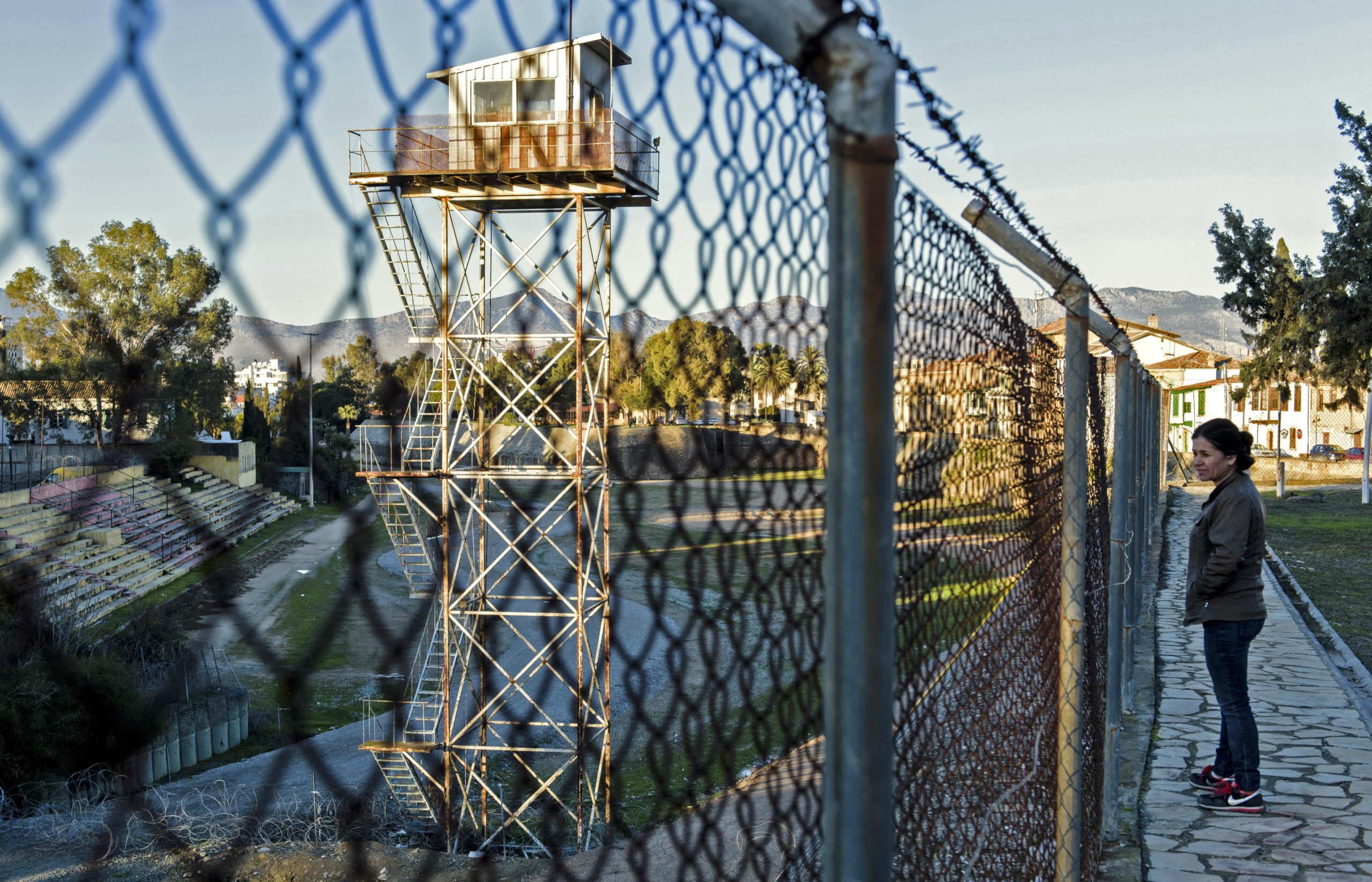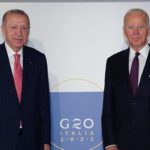Israel has signed a deal with the Republic of Cyprus to build a surveillance system across the country’s green line that separates the internationally recognised republic from the Turkish-occupied north.
Officials said the new system, set to cost 27.5m euros ($32m) and take three years to complete, will aim to crack down on smuggling and informal immigration into the EU member state.
“It is an electronic surveillance system that will provide us with images 24 hours a day,” Cypriot Defence Ministry spokesperson Christos Pieris told the Cyprus News Agency.
“It will be installed at various points on the Green Line.”
The island of Cyprus has been divided along the 180km green line since 1974, when Turkish forces occupied the north of the country in response to a Greece-backed coup that aimed to unify the two nations.
Since 1983, the north has been governed by the self-proclaimed Turkish Republic of Northern Cyprus (TRNC), which is recognised only by Ankara.
The 180-kilometre Green Line has split the island from east to west since 1974.
The Cypriot government has said that in the past four years, the number of asylum seekers in Cyprus reached four percent of its population and in May declared the nation was in a “state of emergency” due to the inflow of Syrian refugees overwhelming reception centres.
Last month, Cypriot Interior Minister Nicos Nouris told an EU Asylum Support Office conference in Malta that his government was “obliged to take significant and drastic” steps along the green line, saying that 800 migrants had recently crossed it within a 10-day span.
On Monday, the TRNC said it was willing to work with its southern neighbour on the issue.
“At the crossroads of three continents, the island of Cyprus is not immune to irregular migration. Both the Turkish Republic of Northern Cyprus and the Greek Cypriot administration of southern Cyprus receive irregular immigration from various countries,” said a statement from the TRNC’s Ministry of Foreign Affairs.
“Contrary to the Greek Cypriot side, our country is devoid of international assistance and struggling with irregular migration only with the support of motherland Turkey.”


